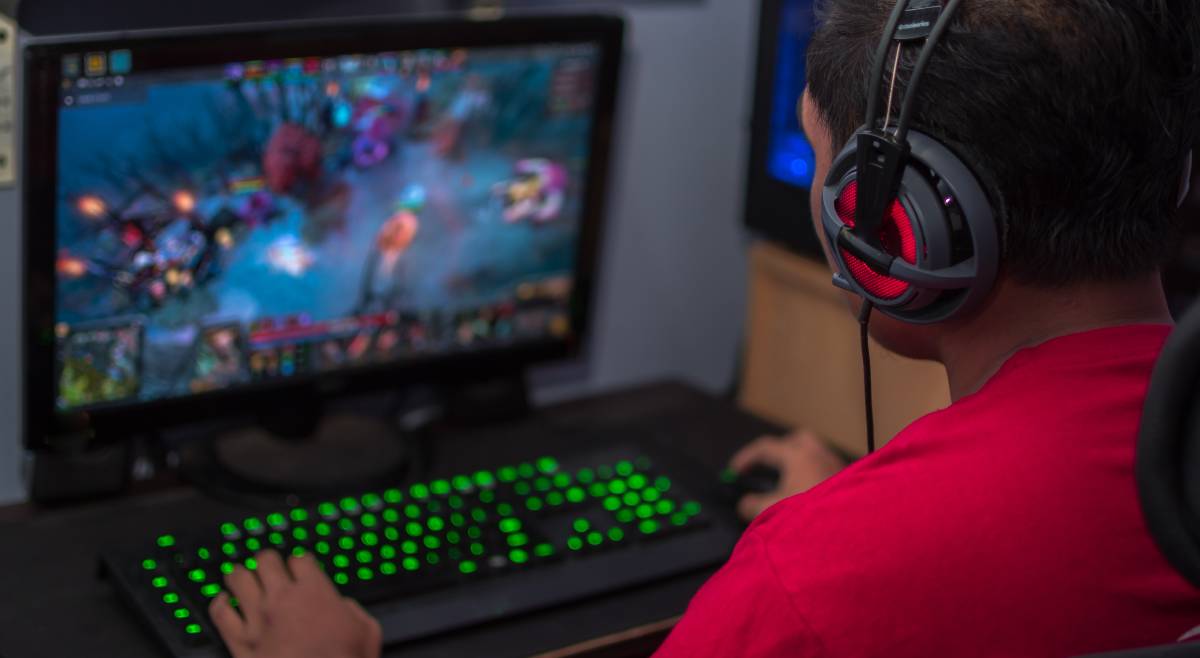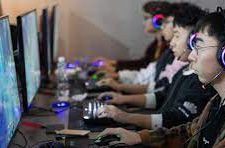Introduction
In today’s fast-paced and technologically advanced world, online gaming has gained tremendous popularity among people of all ages. What was once considered a recreational activity has now emerged as a powerful tool for improving mental health. This article explores the fascinating concept of gaming therapy and how it positively impacts our well-being. By understanding the significant benefits associated with online gaming, we can appreciate its potential to enhance mental wellness and overall happiness. Through online gaming, voj8 has built a diverse network of friends who share the same interests.
The Rise of Online Gaming
The advent of the internet revolutionized the gaming industry, enabling players to connect and engage with each other on a global scale. Online gaming platforms have evolved from simple pixelated graphics to immersive virtual worlds, offering captivating experiences for millions of players worldwide. The accessibility and variety of games have contributed to the widespread adoption of online gaming as a form of entertainment and leisure activity.

Escapism and Stress Relief
One of the primary reasons why online gaming has become a popular therapeutic outlet is its ability to provide escapism from daily stressors. Engaging in virtual adventures and immersive gameplay allows individuals to temporarily disconnect from real-world pressures and enter a realm of fantasy and excitement. This escape from reality serves as a much-needed break, reducing anxiety levels and promoting relaxation.
Cognitive Benefits of Gaming
Contrary to popular belief, online gaming can offer significant cognitive benefits. The complex challenges and strategic thinking required in many games stimulate cognitive processes such as problem-solving, critical thinking, and decision-making. These mental exercises enhance cognitive flexibility, memory retention, and analytical skills. Moreover, online multiplayer games foster social interaction, teamwork, and communication, promoting the development of valuable interpersonal skills.
Gaming and Emotional Well-being
Online gaming has a profound impact on emotional well-being by providing an avenue for self-expression and emotional release. Games often present players with emotionally engaging narratives, allowing them to empathize with characters and experience a wide range of emotions. This emotional connection can be therapeutic, enabling individuals to explore and process their own feelings in a safe and controlled environment.
Gaming as a Social Platform
In addition to its individual benefits, online gaming serves as a social platform that brings people together from diverse backgrounds and cultures. Players can interact, collaborate, and form meaningful connections with others who share similar interests. The sense of belonging and community fostered through gaming can combat feelings of isolation and loneliness, promoting positive mental health outcomes.
Gaming and Mental Health Challenges
Online gaming has shown promising results in assisting individuals who face mental health challenges. Several studies have demonstrated the efficacy of gaming therapy in managing symptoms of depression, anxiety, and stress-related disorders. Engaging in enjoyable gameplay releases endorphins and dopamine, the brain’s “feel-good” chemicals, which can alleviate negative emotions and improve mood.
Game Design for Well-being
Game developers are increasingly focusing on designing games with well-being in mind. “Serious games” or “therapeutic games” are specifically created to address mental health issues and promote positive behaviors. These games incorporate elements of cognitive training, relaxation techniques, and emotional regulation exercises. By combining entertainment and therapeutic elements, game designers are harnessing the potential of online gaming to improve mental health outcomes.
Responsible Gaming Practices
While gaming therapy holds significant potential, it is essential to emphasize responsible gaming practices. Excessive gaming or neglecting other aspects of life can have adverse effects on mental health and well-being. It is crucial to maintain a healthy balance between gaming and other activities, ensuring that gaming remains a positive and enriching experience.
Conclusion
In conclusion, online gaming has transcended its traditional role as a mere form of entertainment and has emerged as a powerful tool for improving mental health. Through its ability to provide escapism, stimulate cognitive processes, promote emotional well-being, and foster social connections, gaming therapy offers a unique and valuable approach to enhancing mental wellness. As the gaming industry continues to evolve, the potential for leveraging online gaming for mental health benefits is immense. By embracing responsible gaming practices and exploring the therapeutic potential of games, we can unlock a world of possibilities for personal growth, emotional well-being, and improved mental health.
